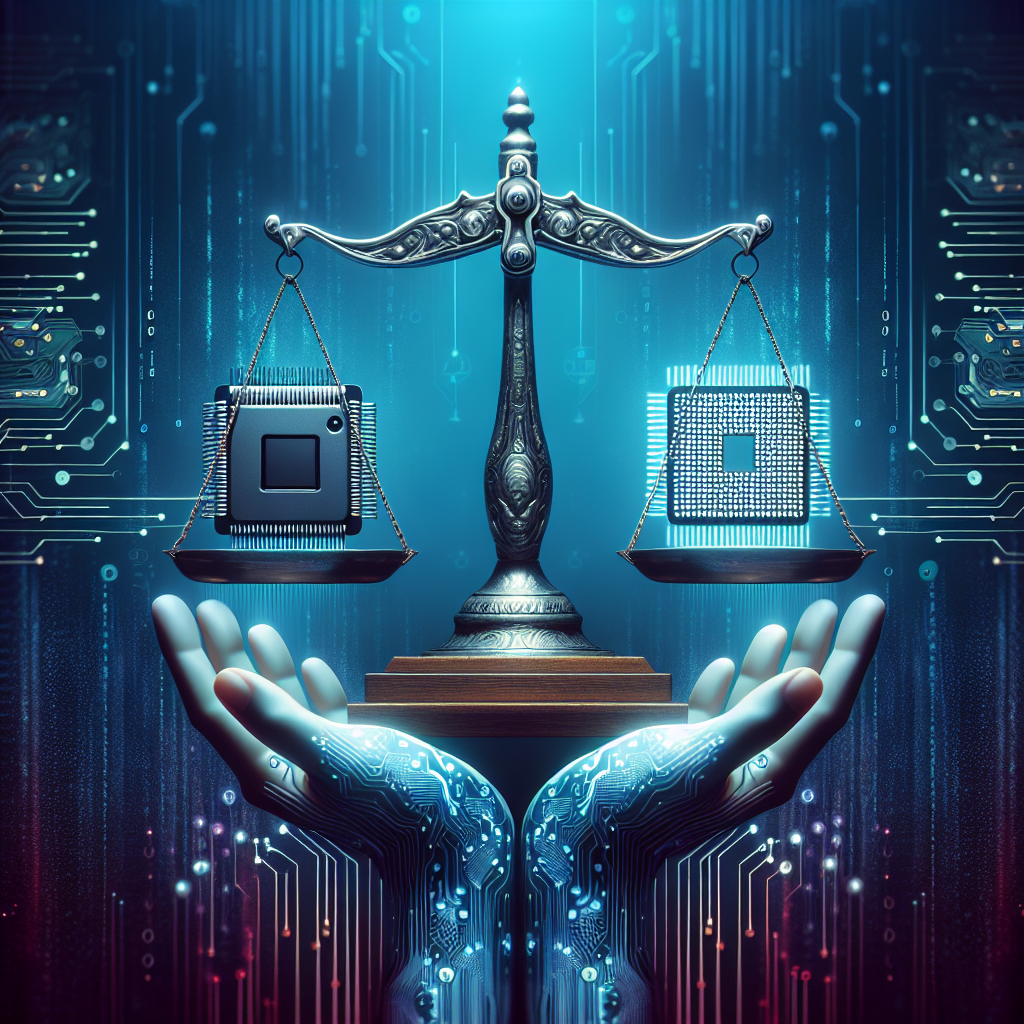Your cart is currently empty!
The Ethics of Artificial Intelligence: Balancing Innovation and Responsibility

Artificial intelligence (AI) has become an integral part of our daily lives, from virtual assistants like Siri and Alexa to self-driving cars and predictive analytics in healthcare. While AI has the potential to revolutionize industries and improve efficiency, it also raises ethical concerns that must be addressed.
One of the main ethical challenges of AI is the potential for bias and discrimination. AI algorithms are only as good as the data they are trained on, and if that data is biased or flawed, it can lead to discriminatory outcomes. For example, AI used in hiring processes may inadvertently discriminate against certain demographics if the data used to train the algorithm is biased. It is crucial for developers to actively work to mitigate bias in AI systems and ensure that they are fair and equitable.
Another ethical consideration is the impact of AI on employment. As AI becomes more advanced, there is a fear that it will replace human workers, leading to job loss and economic inequality. It is important for policymakers and industry leaders to consider the social implications of AI deployment and work to create policies that protect workers and ensure a fair transition to an AI-powered economy.
Privacy is also a major concern when it comes to AI. As AI systems collect and analyze massive amounts of data, there is a risk of privacy breaches and data misuse. It is essential for companies to prioritize data security and transparency in their AI systems to protect user privacy and maintain trust.
In addition to these concerns, there are also questions about the accountability and transparency of AI systems. Who is responsible when an AI system makes a mistake or causes harm? How do we ensure that AI systems are transparent and explainable so that users can understand how decisions are being made?
Balancing innovation and responsibility in the development and deployment of AI requires a multi-faceted approach. Companies must prioritize ethical considerations in their AI development processes, from data collection to algorithm design. Policymakers must create regulations and standards that protect consumer rights and ensure fairness in AI systems. And individuals must be aware of the ethical implications of AI and advocate for responsible AI practices.
Ultimately, the ethics of artificial intelligence are a complex and evolving field that requires collaboration and dialogue between industry, government, and society. By working together to address these ethical challenges, we can ensure that AI continues to drive innovation while upholding ethical principles and values.

Leave a Reply